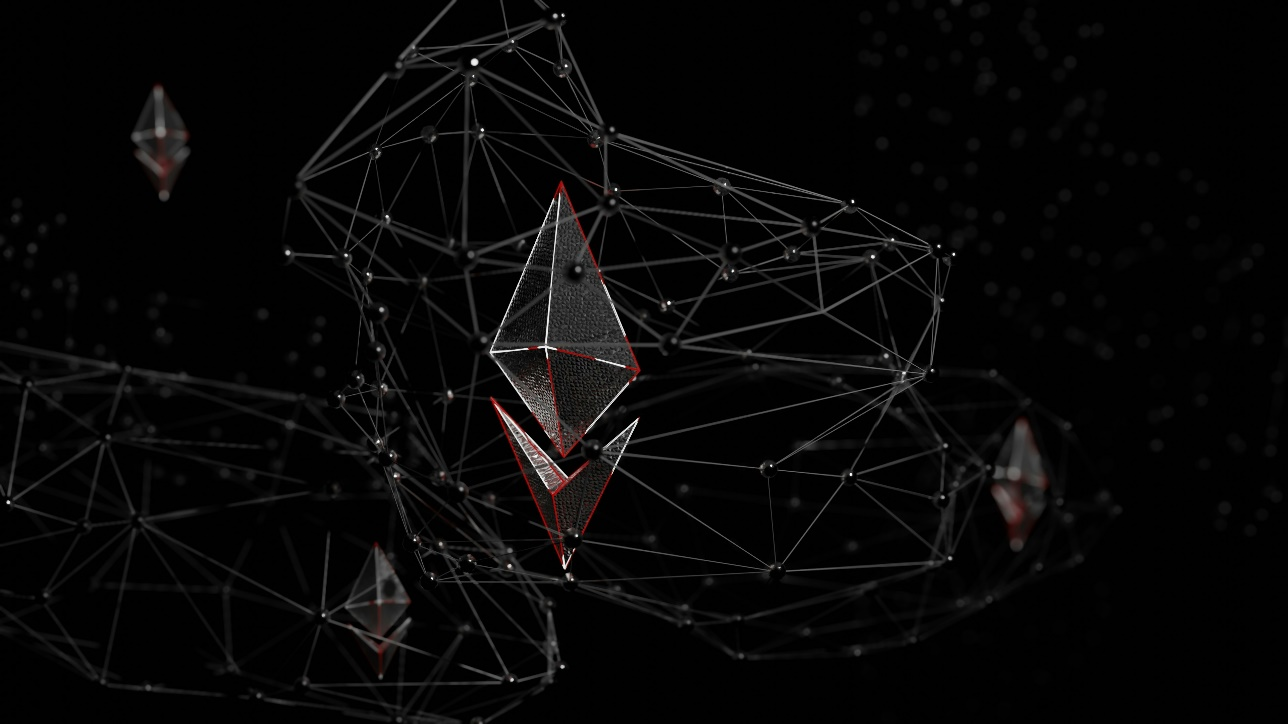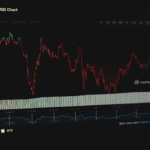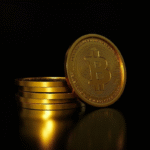Decentralized governance stands at the forefront of reshaping how decisions are made within digital asset networks. In this blog, we’ll delve into the concept of decentralized governance, examining its significance and implications for the evolution of blockchain projects.

Understanding Decentralized Governance
Decentralized governance refers to the distributed decision-making process within blockchain networks, where stakeholders collectively participate in shaping the direction and policies of a project. Unlike traditional centralized models, decentralized governance enables broader participation, transparency, and resilience.
The Role of DAOs (Decentralized Autonomous Organizations)
DAOs are at the core of decentralized governance structures. These autonomous entities operate through smart contracts, enabling stakeholders to vote on proposals, allocate funds, and govern the network’s operations. DAOs facilitate community-driven decision-making, ensuring that the interests of all participants are represented.
Governance Tokens Empowering Stakeholders
Governance tokens play a pivotal role in decentralized governance systems. These tokens grant holders voting rights and influence over the decision-making process. By holding governance tokens, stakeholders can actively participate in shaping the future of the network, aligning incentives, and ensuring collective accountability.
Benefits of Decentralized Governance
Decentralized governance offers several advantages over traditional centralized models. It fosters inclusivity by allowing all stakeholders to participate in decision-making, enhances transparency through public voting mechanisms, and promotes resilience by distributing power across the network.
Challenges and Considerations
While decentralized governance holds immense potential, it also poses challenges and considerations. These include ensuring effective governance mechanisms, mitigating governance attacks, and addressing issues of voter apathy or dominance. Overcoming these challenges is essential for the long-term success and sustainability of decentralized networks.
Successful Implementations of Decentralized Governance
Several blockchain projects have successfully implemented decentralized governance models. Examples include Ethereum’s transition to Ethereum 2.0, where stakeholders participate in protocol upgrades and network governance, and MakerDAO, which employs DAOs to manage its stablecoin, Dai.
The Future of Decentralized Governance
As blockchain technology continues to evolve, decentralized governance will play an increasingly integral role in shaping the future of digital asset networks. Innovations in governance mechanisms, DAOs, and governance tokenomics will further enhance the efficiency, transparency, and inclusivity of decentralized decision-making for investors.
Decentralized governance represents a fundamental shift in how decisions are made within digital asset networks. By enabling broader participation, transparency, and resilience, decentralized governance paves the way for a more equitable and sustainable future for blockchain projects and their communities. Make sure that you’re working with digital asset advisory consultants like Kenson Investments.
Reach out to us today.














